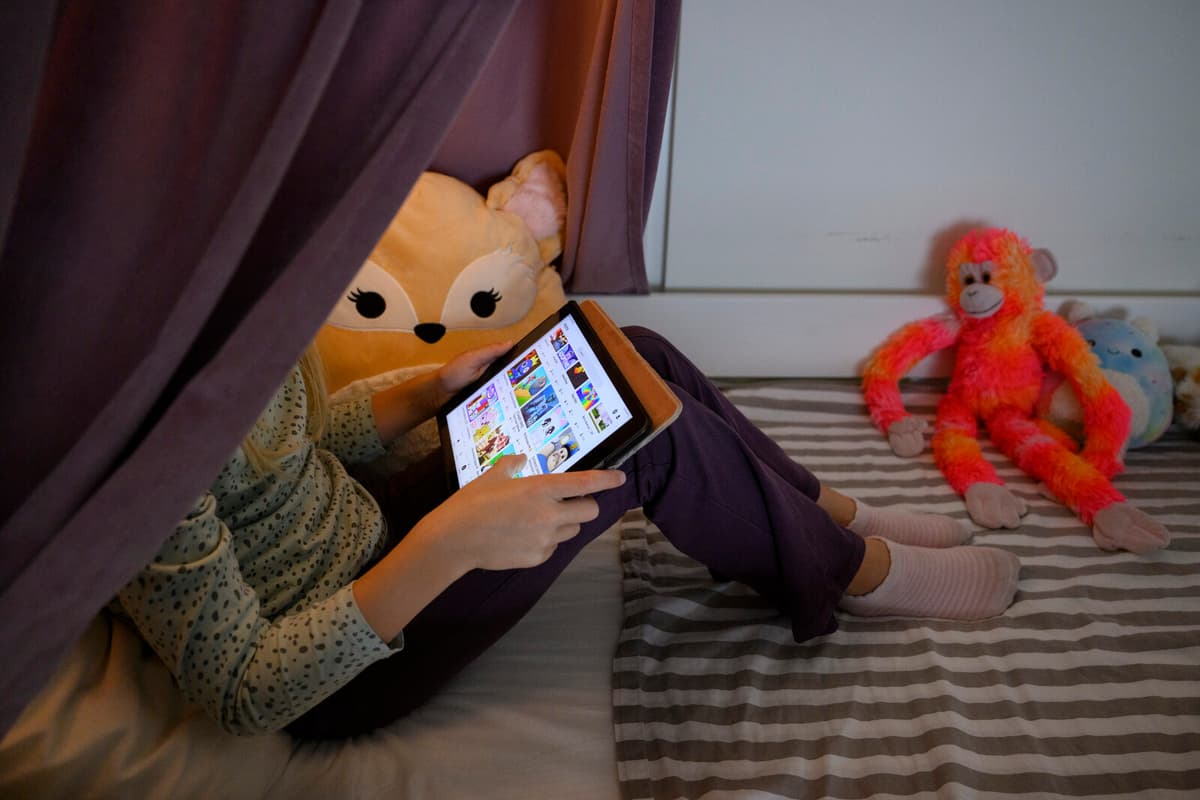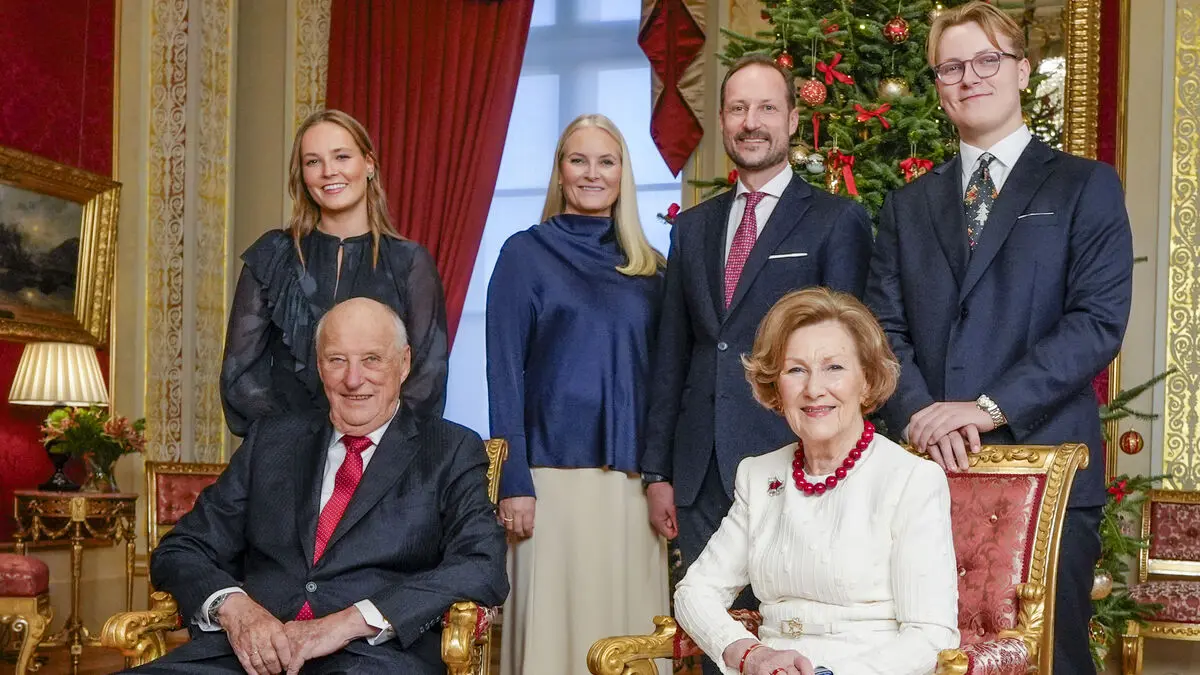Australia is banning children under 16 from having social media accounts. The background is the material that children encounter online and the platforms' negative impact on young people's mental health.
Sweden may be heading in the same direction, believes Robert Hannah (L):
We're moving towards a trend similar to Australia, he says, and continues:
Social media apps and games are so closely related today, says Hannah about where young people are digitally.
Advertisement
Hannah is part of the cultural committee's follow-up and evaluation group, which on Wednesday met with representatives from the gaming industry.
The industry must see that they bear a responsibility, he says.
"One in five children"
One of the major problems facing young people online is grooming, according to Ida Östensson, Secretary General of the children's rights organization Child X:
There is a children's rights crisis right now. One in five children in Europe is subjected to sexual violence, she says, and continues:
Advertisement
We must shift the responsibility to the platforms. Voluntary measures are not enough. We cannot have a society where the responsibility lies with the children to sound the alarm or where we forbid children from playing and socializing because we adults cannot manage to protect them from abuse.
Östensson refers to a study by a Finnish children's rights organization that asked questions to people who commit sexual offenses against children, four out of ten said they had tried to make contact via gaming platforms.
First contact
Many popular gaming platforms among younger people, primarily Roblox, blur the line between traditional gaming, socializing, and messaging services.
The platforms must have safety by design, it must be built in from the start, says Östensson.
Advertisement
Now they're trying to shirk responsibility, but the first contact is made, for example, in Roblox, and then moves on to other places like Discord or Snapchat.
Hannah emphasizes that the Swedish gaming industry needs self-reflection, but that any potential legislation in the area would rather take place at the EU level.
Either the industry solves the problems, or politics needs to step in.
For Östensson, the question of responsibility is clear:
Children will be able to get around and use the platforms anyway, regardless of age limits. Think if companies put equivalent resources into preventing grooming as they put into getting people to spend more time on the apps, play, or buy more.






